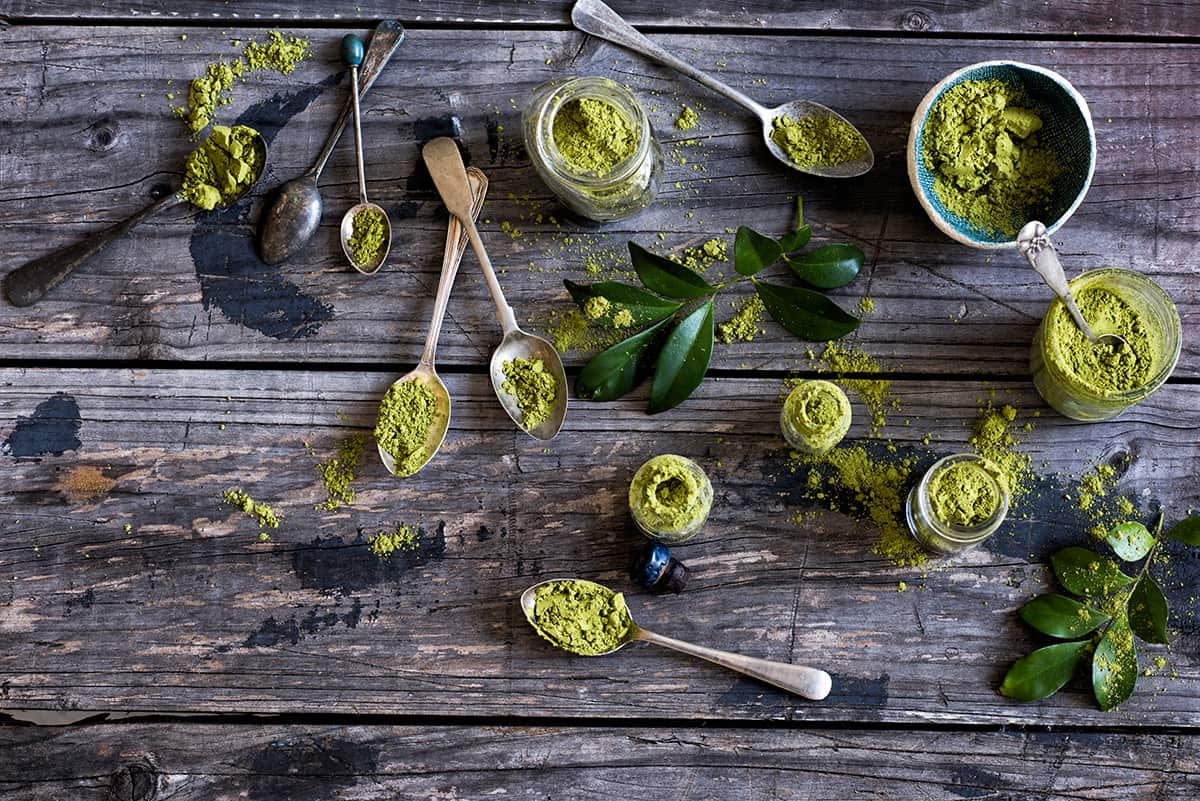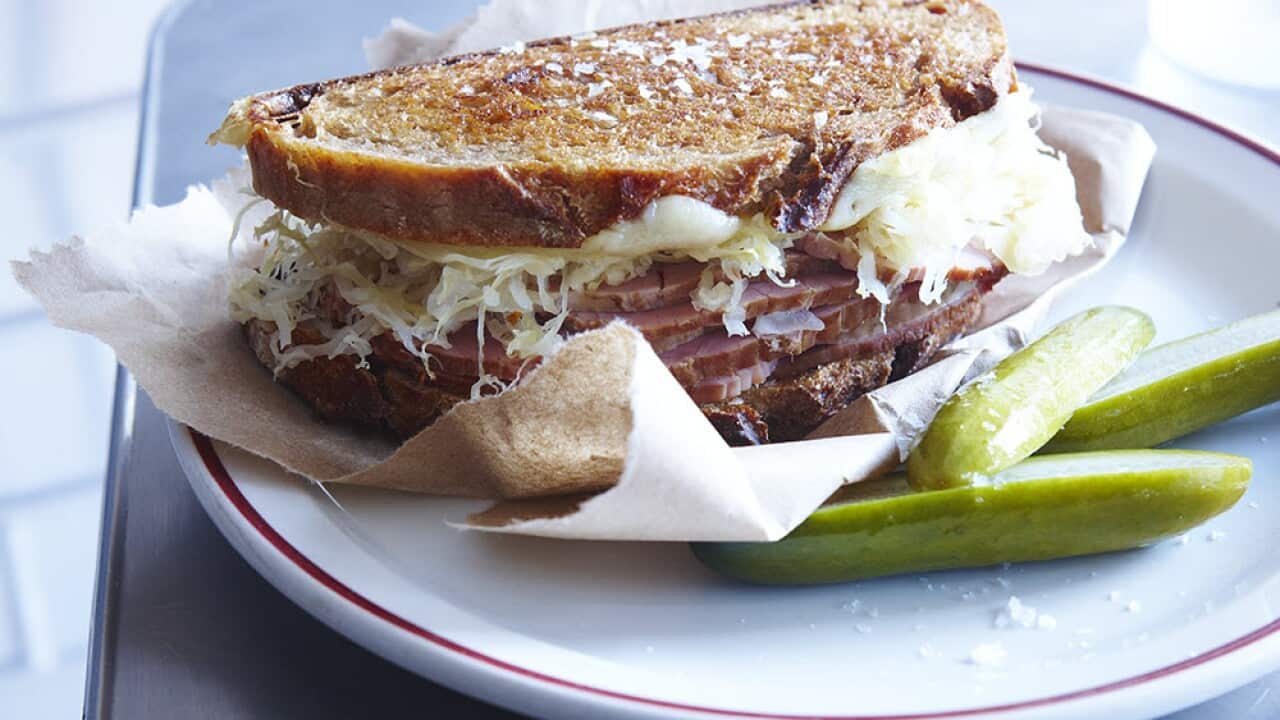With suspicion surrounding staples such as and the humble , along with the reconsideration of as not so bad, and the belated demonisation of the same which were once – it’s no wonder consumers are becoming apprehensive about following advice on what they should, or should not put on their plates.
One of the more recently established buzzwords within food and nutrition has been – and the idea that you can help to “rebalance” your gut bacteria by adding a bit of good bacteria every day through the use of cultured consumer products. This has led to many people embracing a more “cultured” lifestyle by making sure that they have their daily dose of probiotic yogurt drink or supplement. But now, new research questions whether shop bought probiotics actually make any difference to our gut health at all.
Are you 'pro-biotic'?

Eat well: What’s your gut feeling about probiotics?
of previous research on the topic, conducted by researchers at the University of Copenhagen, found no evidence that probiotics improve the balance of gut bacteria in healthy adults. While further clinical research is required to dig deeper into these findings, the results certainly contribute to the broader lingering concern that products may not be so good for your health (or your pocket) after all.
The feeling that many of us may have been duped into buying comes at a time when people are increasingly migrating away from the supermarket to instead embrace homemade produce – including the use of home brewed fermented foods for hopes of a healthier gut.
Make your own sauerkraut at home with .

Matthew Evans' homemade sauerkraut Source: Alan Benson
These are items which have gone through a process of “lactofermentation”. This is where natural bacteria feed on the sugar and starch in the food creating lactic acid. This process preserves the food, and creates various strains of probiotics, along with beneficial enzymes, b-vitamins and Omega-3 fatty acids.
When it comes to fermenting food there are already a whole host of out there, such as pickles, miso, sauerkraut and kimchi. It might seem backwards to ditch the probiotic drinks available at the local supermarket, in favour of sealing up and storing vegetables in jars of brine around our kitchens – to mature that – but the general principle that underpins such behaviour cannot be ignored.
The interest in “home brewing” comes as part of a change in consumption with people moving away from pre-packed “marketised science”, to instead seek out their own personal, experiential and enlightened paths to wellness.
Whether home brew options actually provide any benefit to gut health, beyond what is sold in the supermarket, is fairly unknown, but for many people they at least constitute a more “natural” culinary process that allows one’s own body.
Enlightened eating
This change in our relationship with food can be explained by the rise of “diets of enlightenment”. In his book , author John S. Allen looks at how certain consumers are moving away from weight-loss and preoccupations with thinness. They are instead focusing more on holism, emotion, personal opinion and experience when it comes to their food.
Over the past couple of years, there has been an ongoing explosion of “alternative” food trends, dietary movements and gastronomic experimentalism that fit Allen’s ideas of enlightened eating. Whether it’s , , advocacy for , , the rise of the venerable “” (that’s a male vegan to you and me), or fans of the organic or option, it’s a new way of thinking about food.
Embracing all food trends

Dude food vs superfood: we’re cultural omnivores
A significant number of people now seem to be choosing their approaches to eating for reasons less to do with nutrition and more to do with wellness, sustainability and the search for identity. So goes the saying, you are what you eat.
This has coincided with a rise in food bloggers, YouTubers and Instagrammers, all raving about their latest culinary masterpiece while subscribing to a particular philosophy when it comes to their food related lifestyle.
Post Nutritionism?
With consumers becoming more sceptical and disinterested with the “” – which drives much of the we see at our supermarkets – personal paths to enlightenment are leading shoppers to shun the “marketised science” of the food industry, in favour of homemade, experiential, and locally sourced options.
This means big food corporations may need to start thinking more creatively and holistically about their health offerings to remain credible in the age of the food revolution. Continuing to plonk new specially engineered and marketed yogurt brands in supermarket chillers may no longer be enough to appease the enlightened, “experience thirsty” and “identity seeking” consumer.
The new wave of enlightened eaters enjoy the broader experience of culturing these things for themselves rather than simply buying them in a packet. While most shoppers won’t be popping down to the local markets to stock up on the raw ingredients to ferment their own foods any time soon, it is possible that home brew kits could hit the supermarket shelves at some point in the future – as the big brands try to get in on the culturing action.
But for now, we are seeing people simply take control of their own health, without having to depend on the uneasy combination of marketing and science that usually accompanies what they buy. Instead they are getting along fine with just a jar, some brine, and some chopped up vegetables. , Lecturer in Marketing and Consumer Behaviour,
, Lecturer in Marketing and Consumer Behaviour,






